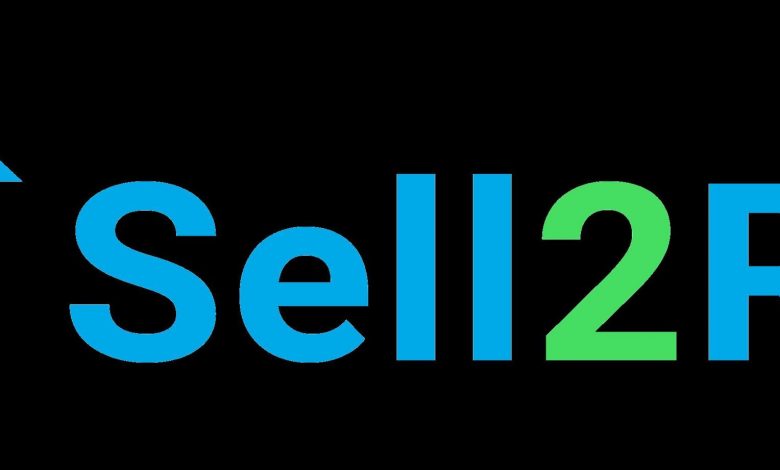The Truth Behind A Comprehensive Guide to Understanding Refinance Costs: A Beginner’s Guide

The Truth Behind A Comprehensive Guide to Understanding Refinance Costs: A Beginner’s Guide
What is Refinancing?
Refinancing is the process of replacing an existing loan with a new one, typically to obtain better terms or rates. This can be done with various types of loans, including mortgages, auto loans, and personal loans. In the context of this guide, we’ll focus on mortgage refinancing.
Why Consider Refinancing?
Refinancing can offer several benefits, such as:
1. Lower Interest Rates
By refinancing, borrowers can take advantage of lower interest rates and potentially save thousands of dollars over the life of their loan.
2. Lower Monthly Payments
Refinancing can also lead to lower monthly mortgage payments, which can free up cash flow for other financial goals or reduce financial stress.
3. Shorten or Extend Loan Term
Borrowers may choose to refinance to shorten the loan term and pay off the loan faster, or to extend the loan term and reduce their monthly payments.
Understanding Refinance Costs
1. Closing Costs
Closing costs are fees associated with the refinance process. They typically include appraisal fees, origination fees, title insurance fees, and attorney fees. These costs can vary between lenders, so it’s crucial to compare multiple offers.
2. Prepayment Penalties
Some loans come with prepayment penalties, which are fees charged if you pay off the loan early. Before refinancing, it’s essential to review your existing loan terms and determine if any penalties apply.
3. Points
Points are fees paid upfront to the lender to reduce the interest rate on the loan. Each point typically costs 1% of the loan amount and can save borrowers money over time. However, it’s crucial to calculate the break-even point to determine if paying points is financially beneficial.
FAQs
Q: Is refinancing worth it?
A: Refinancing can be worth it if you can secure a lower interest rate, reduce your monthly payments, or achieve other financial goals. However, it’s essential to consider the associated costs and calculate potential savings.
Q: How much does refinancing cost?
A: Refinancing costs can vary, but they typically range from 2% to 5% of the loan amount. It’s essential to factor in these costs when determining if refinancing is financially beneficial.
Q: Can I refinance if I have bad credit?
A: Refinancing with bad credit can be challenging, but it’s not impossible. Lenders may require a higher credit score and offer less favorable terms. Working on improving your credit score before refinancing can increase your chances of securing better terms.
Q: How often can I refinance my mortgage?
A: There is no set limit on how often you can refinance your mortgage. However, refinancing too frequently can result in higher costs and negate any potential savings. It’s crucial to evaluate the costs and benefits before deciding to refinance.
In conclusion, understanding the truth behind refinance costs is essential for making informed decisions. By considering factors such as closing costs, prepayment penalties, and points, borrowers can determine if refinancing is the right choice for their financial situation.
Remember to consult with mortgage professionals and compare offers from multiple lenders to ensure you find the best refinancing option for your needs.



